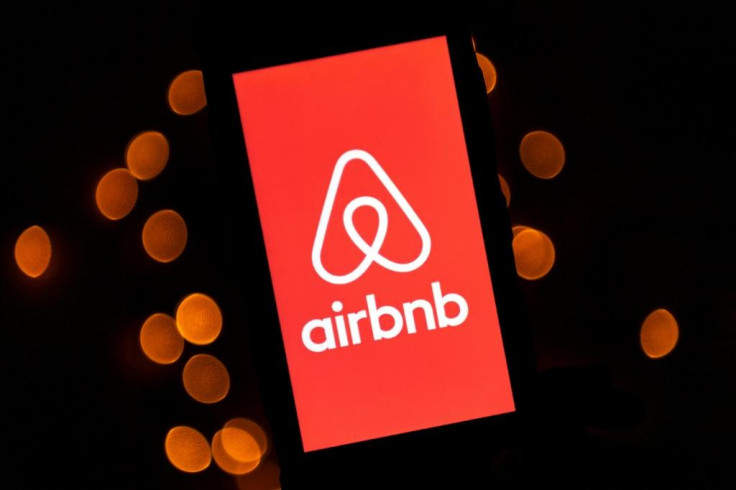Airbnb decides to close down its domestic business in China
It has joined the list of companies like Yahoo Inc. and eBay Inc. that pulled out of China after facing fierce competition.
China's zero-Covid policy and the subsequent lockdowns have made survival difficult for foreign companies. Now Airbnb Inc. has decided to close its domestic business in the country.
According to media reports, the company will stop listing homes in the country by this summer. The company was already facing tough competition from domestic players, and Covid-induced lockdowns have only deteriorated the situation.
According to a report in the BBC, the company will continue giving Chinese residents the option to rent Airbnbs abroad. It has joined the list of companies like Yahoo Inc. and eBay Inc. that pulled out of China after facing fierce competition.
"We have made the difficult decision to refocus our efforts in China on outbound travel and suspend our homes and Experiences of Hosts in China, starting from July 30, 2022," said the chief strategy officer of Airbnb China, Nathan Blecharczyk.
The company had launched its operations in China in 2016 and has seen more than 25 million guest arrivals since its launch. However, the situation took a turn for the worse after China barred foreign tourists from visiting the country due to the coronavirus pandemic.
China has imposed some of the strictest restrictions in an attempt to curb the spread of Covid-19. These curbs have made business and travel difficult for everyone and not just foreign firms operating in the country. China has also asked its citizens to avoid foreign travel that isn't essential for business or study.
However, the San Francisco-based company's earnings reflect an ongoing recovery in the travel industry and show that Airbnb is gaining a bigger share in the market. The business has been picking up in other countries, but the recovery in China has been very slow, making it difficult for Airbnb.
The company's shares have fallen more than 30% this year amid a broader selloff in tech stocks, but it's still trading well above its 2020 IPO price of $68.























